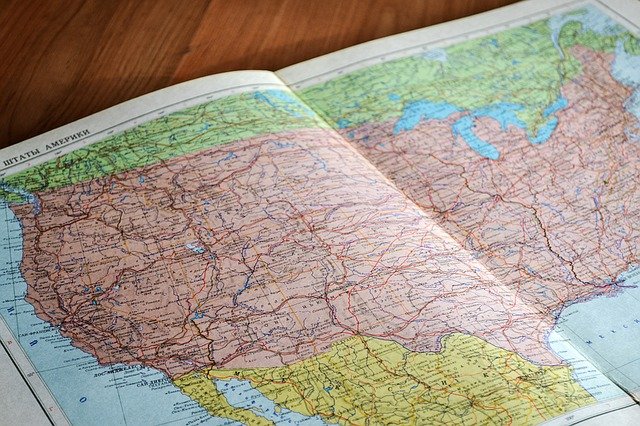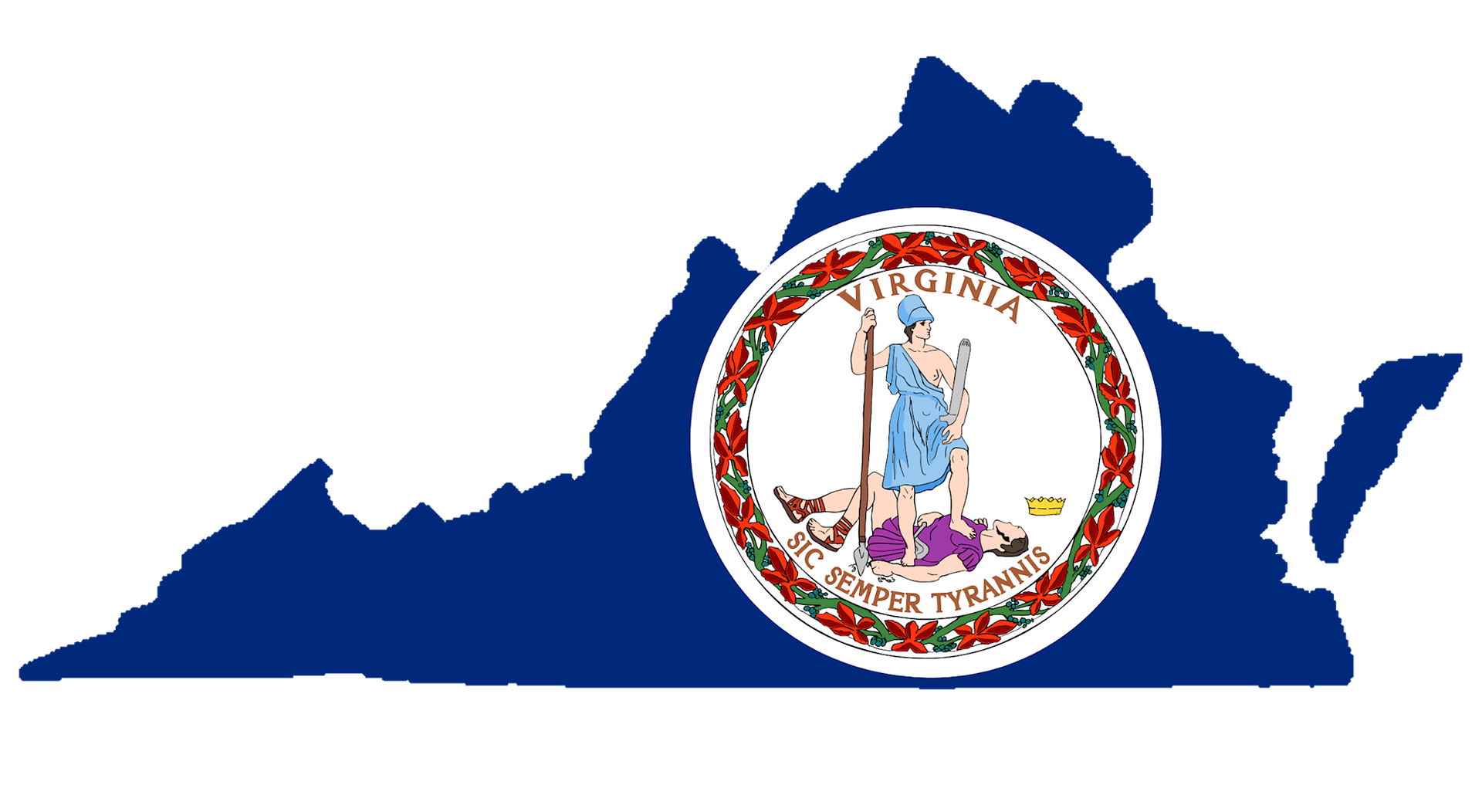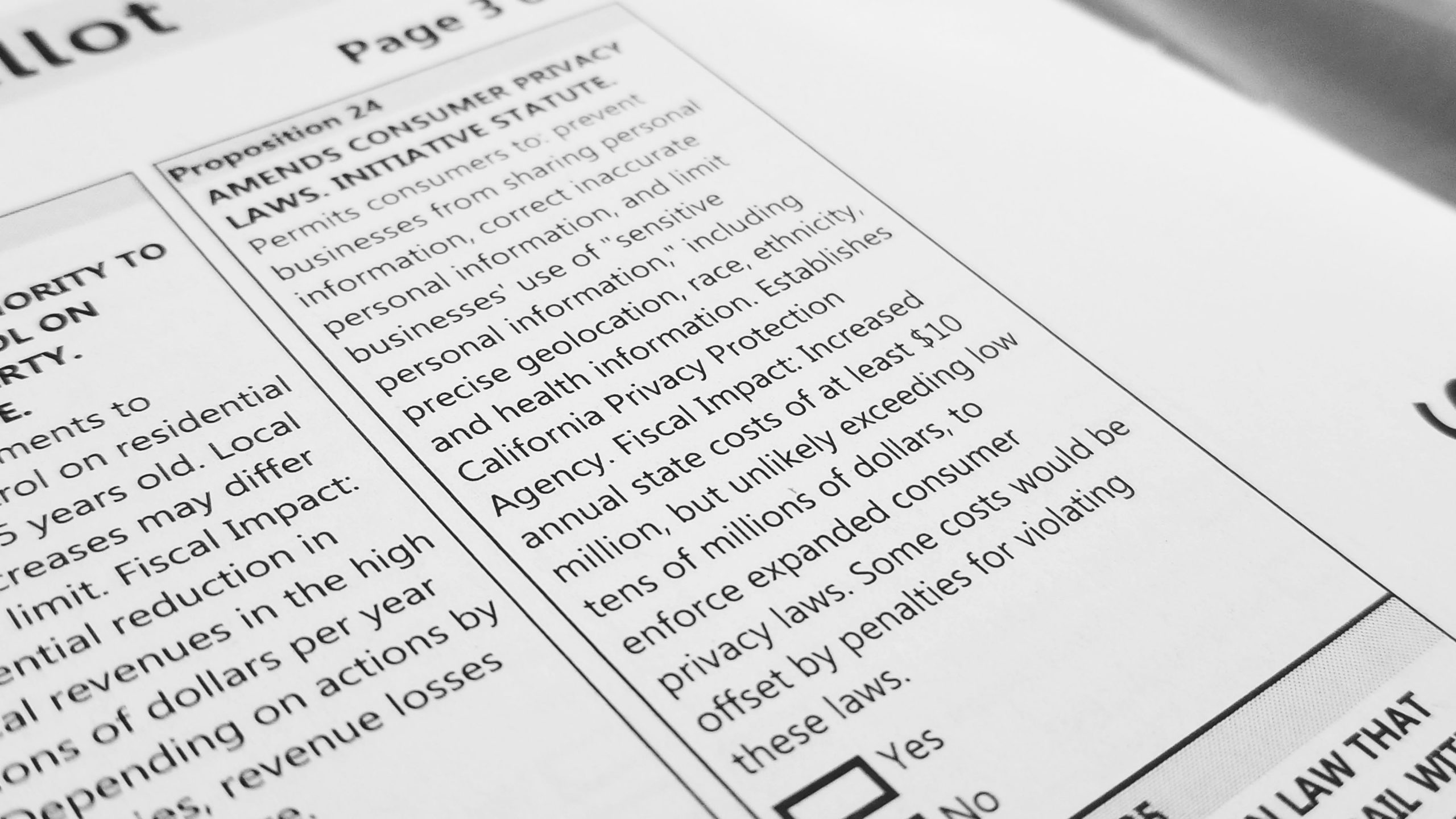State Privacy Laws in the Wake of the CCPA: A Tough Act to Follow
Image Credit: Free-Photos from Pixabay.
Hard on the heels of the California Consumer Privacy Act of 2018 (CCPA) and updated state privacy laws in Nevada and Maine which took effect in 2019, state data privacy legislation is still on the rise.
In November of 2020, California citizens approved the California Privacy Rights and Enforcement Act (CPRA), further amending the CCPA. The CPRA is intended to strengthen privacy regulations in California by creating new requirements for companies that collect and share sensitive personal information. It also creates a new agency, the California Privacy Protection Agency, that will be responsible for enforcing CPRA violations.
Most recently, the Virginia Governor signed the Consumer Data Protection Act into law, thereby making Virginia yet another U.S. state with a comprehensive state privacy law.
As momentum builds for state privacy laws, 2021 could be the year that privacy laws gain footing across the country, helping Americans exercise control over their digital lives.
Washington’s Privacy Act 2021, SB 5062
**Update: The WPA did not pass the House by the April 11 deadline. On April 12, however, Senator Carlyle tweeted that the “bill remains alive through the end of the session.” The legislature will close on April 25.
*** Update 4/26: The WPA did not pass for the third year in a row, due to the late introduction of a limited private right of action (for injunctive relief). Jump to the bottom of the page for links to other pending state legislation.
The most notable – due to its furthest progression in state legislation – is the current draft of the Washington Privacy Act 2021 (“WPA”). This draft bill is the third version of the act introduced by Washington state Sen. Reuven Carlyle (D-Seattle) in as many years.
Scope
The WPA would apply to legal entities that:
Continue Reading State Privacy Laws in the Wake of the CCPA: A Tough Act to Follow


